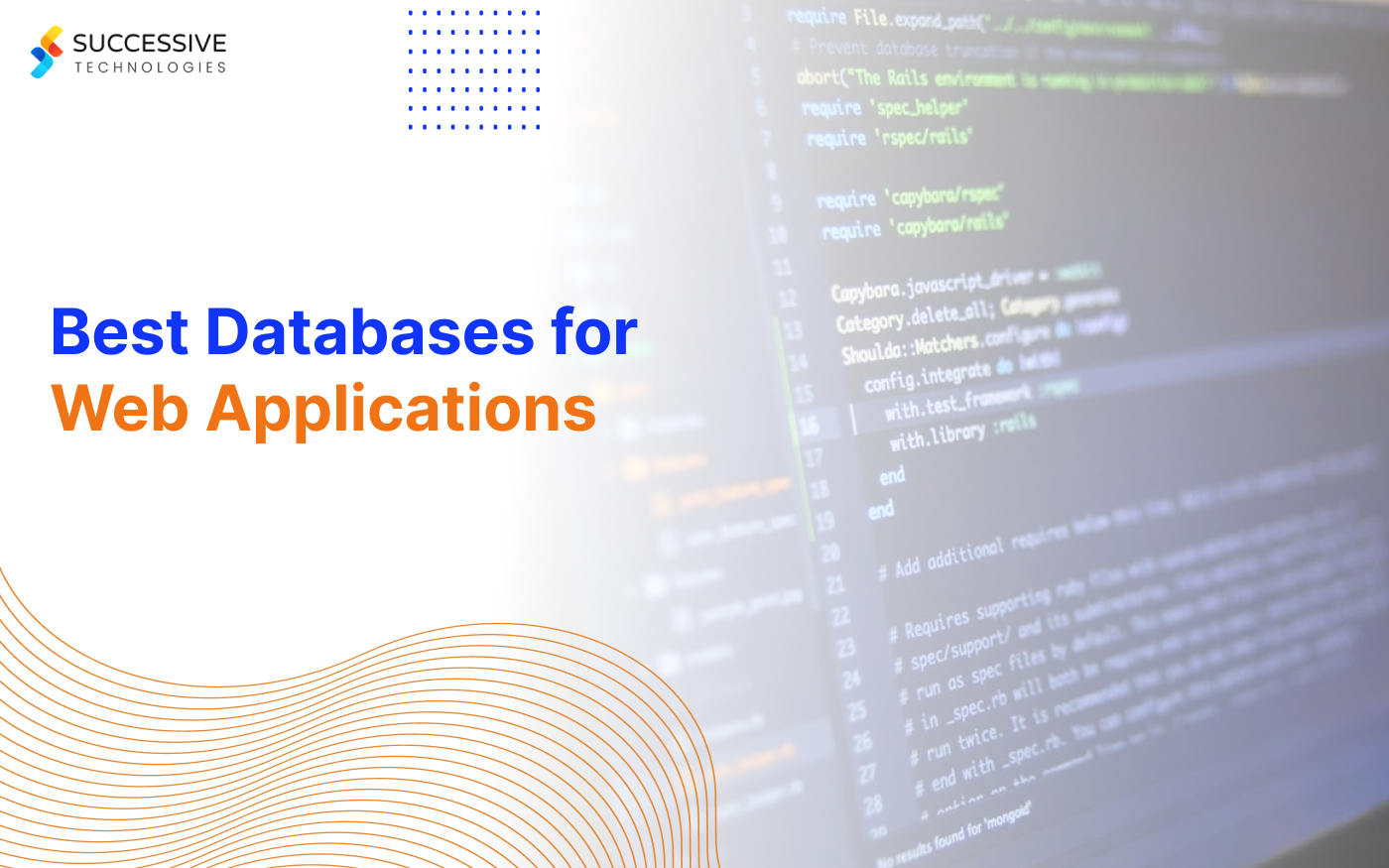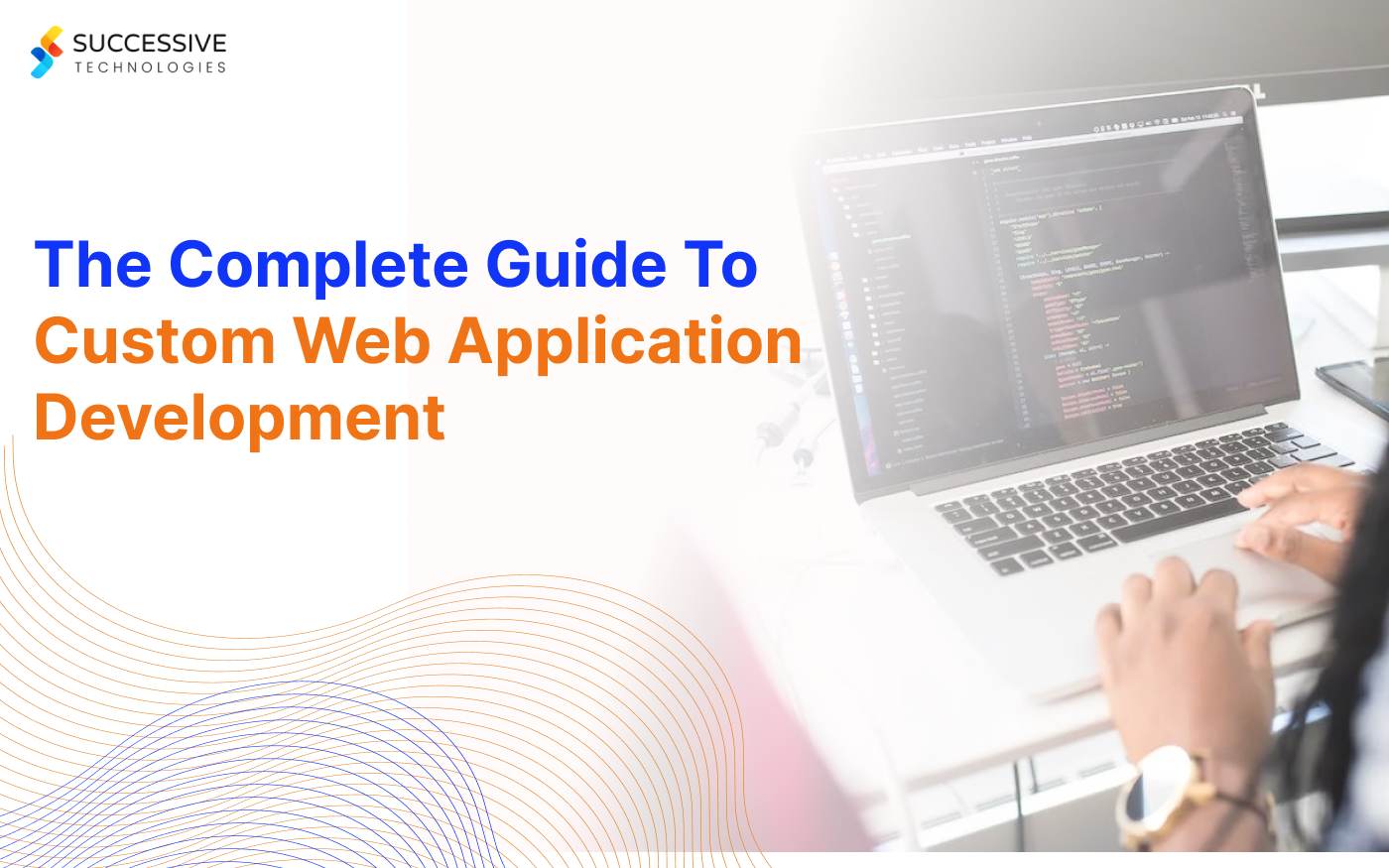- AI is transforming the medical sector using medical imaging, allowing for the recognition and diagnosis of illnesses. Utilizing deep learning algorithms, X-rays, MRIs, and CT scans can be studied in detail with accuracy.
- The use of AI for drug discovery is another healthcare-related development. By leveraging massive datasets, prospective medications can be identified; this is achieved through machine learning models, thus reducing the cost and period of drug creation.
- To increase patient convenience, AI-powered chatbots and virtual assistants greatly help. These AI-driven tools can offer medical knowledge and advice, schedule appointments, and conduct exam checkups.
- Also, personalized treatment solutions are possible thanks to AI, which can examine genetic, molecular, and clinical data. This permits treatments to be tailored to individual characteristics, increasing efficacy and minimizing adverse effects.
No Longer a Science Fiction
In recent years, Artificial Intelligence has advanced apace, offering quicker, more cost-efficient, and more reliable answers than those that humans have the potential to provide. In the medical industry, AI looks set to cause a paradigm shift by promising better results, optimizing procedures, and allowing personalized medicine. This technology can curtail swiftly rising medical care fees while also overcoming the hurdle of limited resources and necessitating speedier diagnoses.
Algorithms and machine learning can be availed of to wade through large amounts of data, contributing to healthcare professionals enhancing their decision-making processes and offering more comprehensive care. It also enables people to monitor and manage their health and well-being, allowing them to structure regular health check-ups into their daily existence.
Further, AI is an effective tool for swiftly examining clinical data, which aids medical staff in identifying and responding to disease markers or trends promptly and correctly.
The Intersection: Predictive Personalization
AI algorithms can process diverse data sources, including electronic health records, medical images, genetic information, and wearable device data. By considering a holistic view of a patient’s health, AI identifies subtle changes that might go unnoticed by human observation alone.
Analyzing patient genomics, biomarkers, and medical history, AI assists medical professionals with comprehensive treatment plans aligned with genetic predispositions. This approach is particularly impactful in cancer treatment, where AI can suggest targeted therapies based on tumor genetics. By indicating the most suitable treatment options, personalized medicine via AI, minimizes trial and error, improving patient outcomes and quality of life.
The convergence of predictive healthcare and personalized treatment creates a powerful synergy in today’s healthcare landscape. With AI, health professionals able to predict potential health issues and tailor interventions based on individual patient characteristics. For instance, AI indicates an increased risk of diabetes for a patient; personalized recommendations may include dietary adjustments, exercise plans, and medication choices based on genetic predisposition.

Manage Medical Data and Patient Records
By leveraging AI’s data extraction, categorization, predictive analytics, and security capabilities, healthcare providers can streamline operations, enhance patient care, and make informed clinical decisions. However, ensuring that AI systems have been ethically implemented, adhere to data privacy regulations, and are continually validated to provide accurate and reliable insights for patient care is crucial.
Efficient Healthcare Operations
AI-driven solutions have the potential to optimize healthcare operations and streamline administrative tasks. AI-powered chatbots and virtual assistants can handle routine patient inquiries, schedule appointments, and provide general medical information. Predictive analytics can help healthcare facilities forecast patient influx, enabling efficient resource allocation and staffing. AI-powered algorithms can also analyze electronic health records to identify potential inefficiencies in patient flow, allowing hospitals to allocate resources more effectively and reduce waiting times.
Enhanced Diagnosis and Detection
With unparalleled accuracy, AI-powered diagnostic tools can analyze vast amounts of medical data, such as medical images, genetic information, and patient records. This leads to the early detection of diseases and improves the ability to catch diseases at their nascent stages, allowing healthcare providers to intervene proactively, leading to more effective treatment and improved patient outcomes.
Four Imperatives to AI in Healthcare
AI in healthcare demands handling sensitive patient data with advanced security measures to protect patient privacy and comply with global regulations such as HIPAA.
Integrating AI in healthcare requires adherence to regulations that ensure the safety and ethical use of AI technologies and meet global standards of healthcare practices.
AI-generated recommendations must be understandable and interpretable by healthcare professionals with appropriate skill sets to facilitate better and informed decision-making.
Adopting an electronic health records (EHR) system is the foundation of efficient medical data management. EHRs digitize patient information, enabling AI to access comprehensive records in real time.












